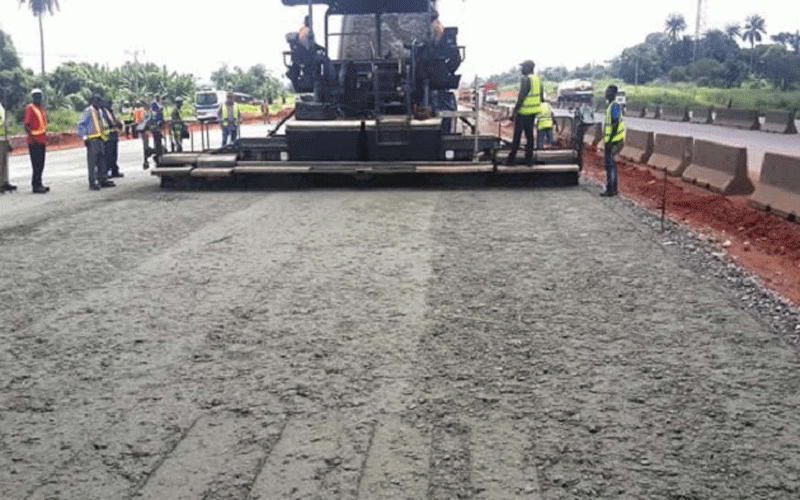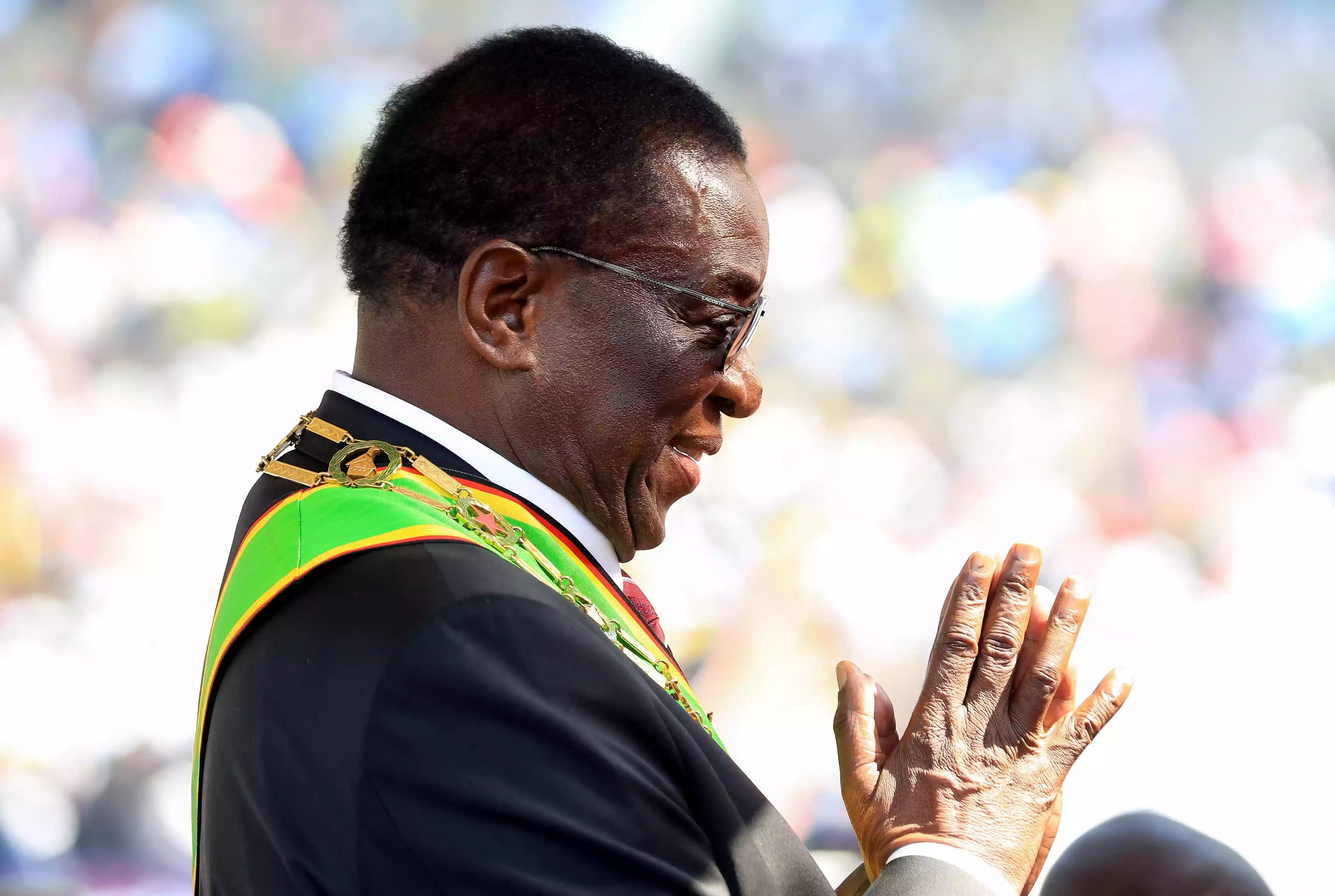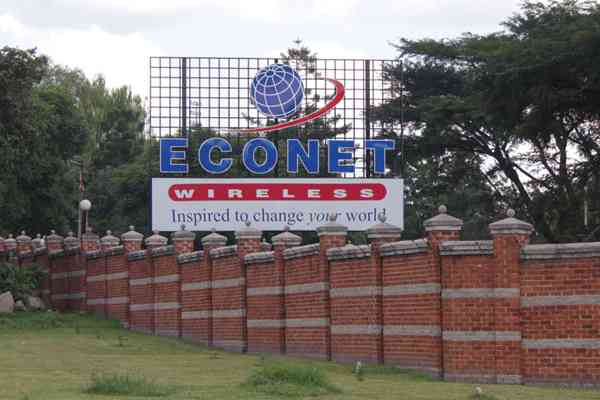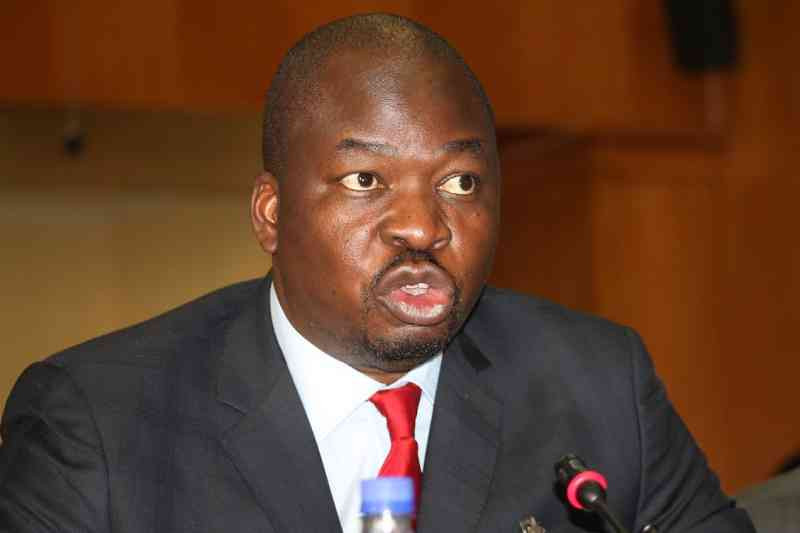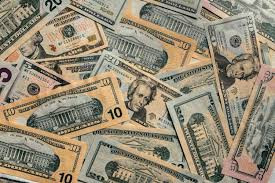
Illegal money-changing has entrenched itself as one of Zimbabwe’s most lucrative informal economic activities, generating millions of United States dollars — often for well-connected elites. Despite repeated crackdowns, the trade persists, raising serious questions about the state’s capacity — or willingness — to confront it meaningfully.
Under the late former president Robert Mugabe, the First Republic launched countless campaigns to stamp out the practice. Thousands were arrested, and hefty fines were issued.
Most recently in 2024, we saw more than 224 arrests of illegal forex traders and the freezing of 90 bank accounts between April and May 2024.
Yet the street dealers remained. Today, under President Emmerson Mnangagwa, history is repeating itself. Initial clampdowns have lost momentum, and the money-changers operate with greater confidence than ever.
The fundamental question is no longer whether authorities are aware of this trade — it is why they have failed to dismantle it. Are these dealers simply too powerful, or is there complicity at higher levels? The brazenness with which they operate, particularly in places such as Bulawayo where they trade openly outside the magistrates’ courts, suggests a disturbing level of protection.
This situation raises uncomfortable suspicions. Are law enforcement agencies deliberately looking the other way? Are senior government officials or politically-connected individuals benefiting from the illicit trade?
With all the resources and legal authority at the disposal of the state, the continued flourishing of this shadow economy hints at either gross incompetence or deliberate collusion.
More worrying is the role of financial institutions. Some money-changers have access to point-of-sale machines — tools typically issued only after formal Know-Your-Customer processes. How are they acquiring and using these without scrutiny? The Reserve Bank of Zimbabwe (RBZ) must answer whether such transactions are slipping through the cracks — or being deliberately overlooked.
- Education crisis mirrors national problem
- Parastatals defy govt directive on US$
- SA blackouts bleed Zim industry
- HCC resumes US dollar charges
Keep Reading
The damage caused by these illegal operations is immense. They destabilise the formal banking sector, worsen liquidity challenges, distort exchange rates, and drive up prices. When millions flow outside formal systems, banks struggle to attract deposits, businesses lose planning certainty, and ordinary citizens bear the brunt of inflation and market unpredictability.
It is clear that enforcement alone is not working. If authorities cannot eliminate these networks, then they must regulate them. Licensing small-scale traders, opening more accessible formal forex platforms, and restoring trust in the banking sector may be more productive solutions.
Until the government and the RBZ demonstrate the courage to confront both the street dealers and their enablers — possibly within the banks themselves — this crisis will deepen. The continued dominance of illegal money changers is not just an economic issue. It is a symptom of a state crippled by weak governance, institutional decay, and the corrosion of public trust.

